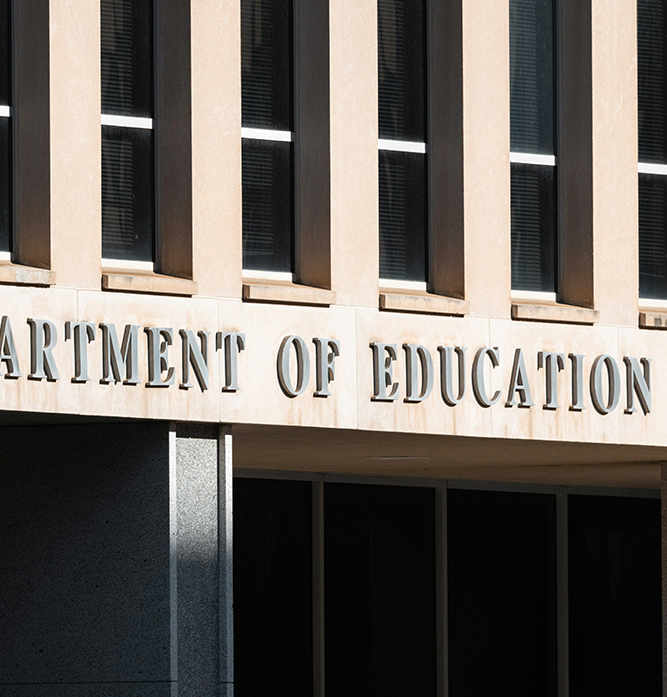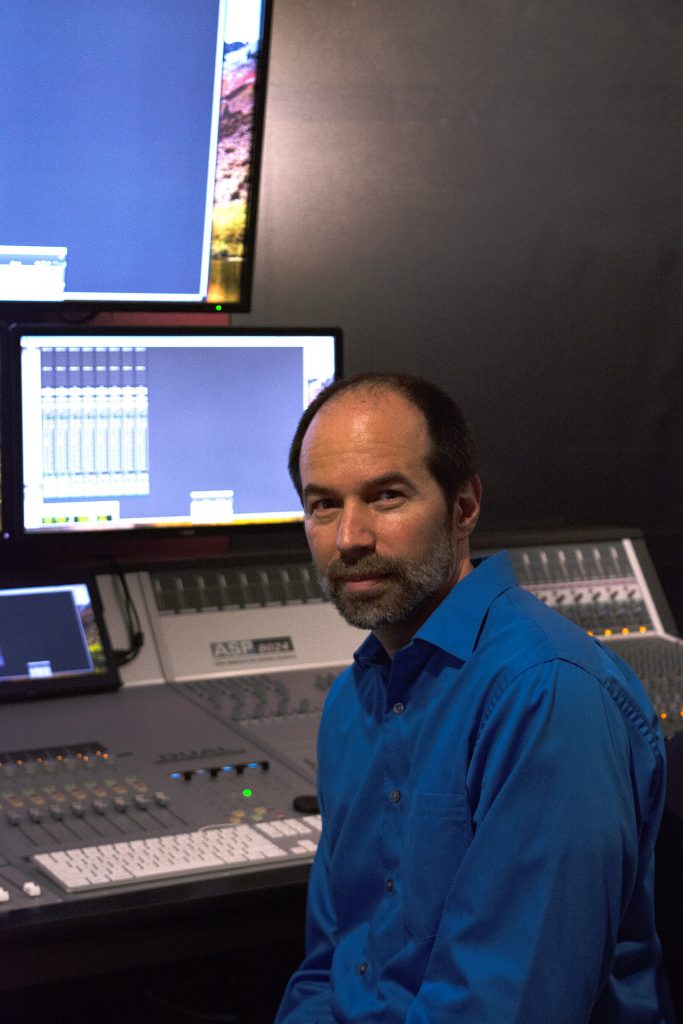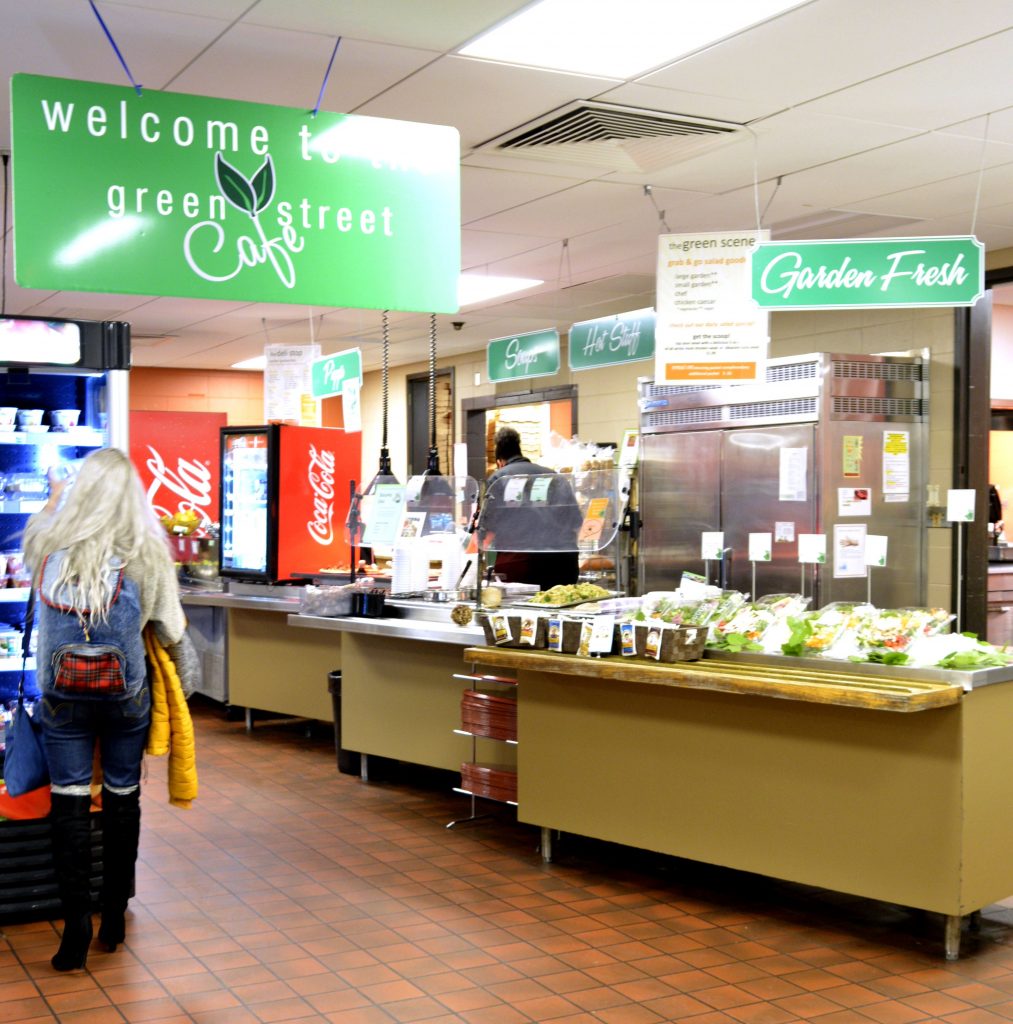By Princess Yeboah
Assistant Editor

Photo by Andy Feliciotti from Unsplash
On March 20th, 2025 in office President Donald J. Trump signed an executive order on the US Department of Education that will completely shut down federal funding millions of students rely on. According to President Trump his act of signing the executive order is essentially “returning education, very simply, back to the states where it belongs”. In addition to its closure, 50% of DOE staff were placed on administrative leave effective Friday, March 21st. The DOE is the agency of the federal government that establishes policy to administers and coordinating most federal assistance to education. It also assists the President in executing his education policies for the nation and in implementing laws enacted by Congress. At MWCC, where many students rely on aid from programs such as Pell grants and loans, both faculty and students feel upset and fearful about this major change.








